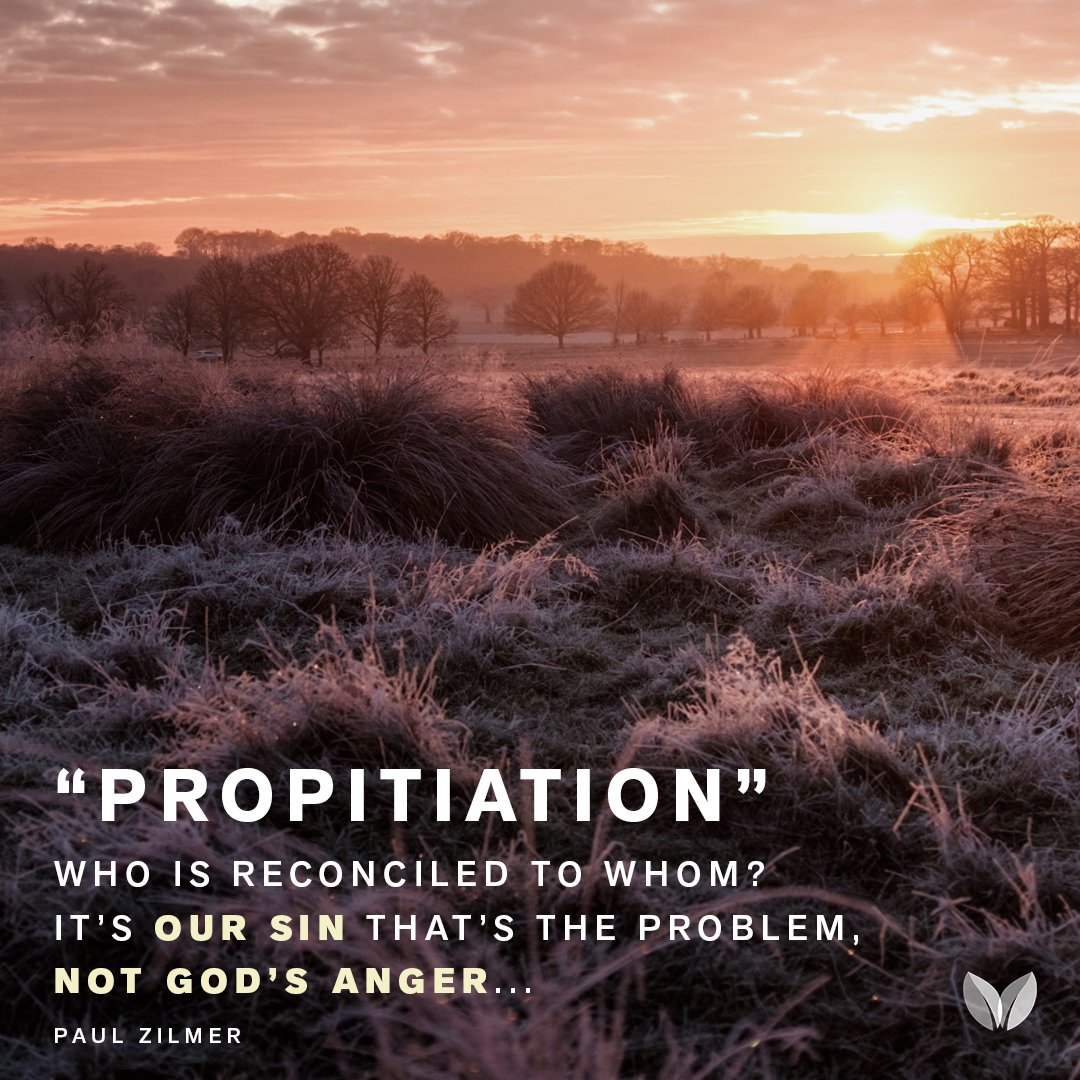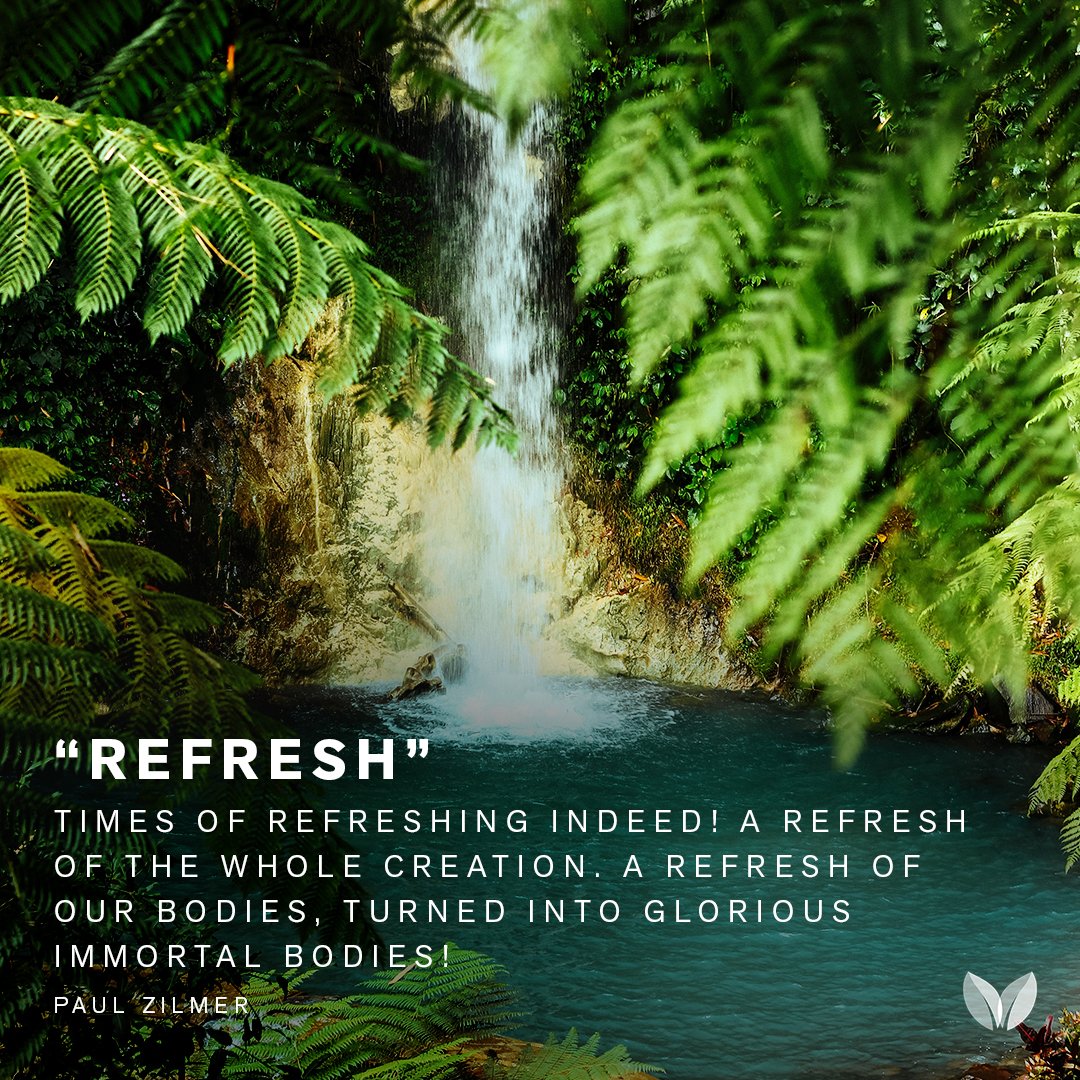WCF Blog

Windy day
It’s windy today, where I live. (Not damaging windy, just breezy.) It made me think about what Jesus says to Nicodemus: “The wind blows where it wishes, and you hear its sound, but you do not know where it comes from or where it goes. So it is with everyone who is born of the Spirit.” (John 3:8)

What could go wrong?
“What could go wrong?” You would never say that, right? Are you really sure? Because we humans do it a lot, even if not in those exact words. In fact if we voiced the words we might do better, because there is always something that can go wrong, and we know it.

Memorabilia
I’ve never been a collector of memorabilia. That’s been my wife’s department. Knickknacks have always just seemed like things that making dusting difficult. More recently, though, I’ve come to better appreciate that the small objects she has placed around our home are not mere bric-a-brac. They are mementos—things that trigger memories, specifically happy memories. I suppose my improved appreciation is because my memory is noticeably weaker. The triggers are nice to have around.

Where We're Going
“There is no work, planning, knowledge, or skill in the grave where you’re going.” (Ecclesiastes 9:10) There’s a terrible certainty in this statement. It’s not a warning of what might happen. It is what will happen, whoever you are, whatever you’ve done. You are going there. No one evades it. Even Jesus, the perfect man, could not.

Disappointment
As I write this, I’m thinking all of us are feeling disappointed. The virus that’s plagued us is bouncing back as strong as ever. Restrictions we thought were behind us are returning. Some have experienced terrible physical effects of the virus. All of us have been affected emotionally, and for many it has had spiritual effects. Disappointment can worsen into discouragement, and I have to say I’m feeling some of it. Discouragement, we know, has the potential to sink further, into despair.

Good
“No one does good. Not even one!” In Romans 3:10-18 the apostle Paul quotes from a series of six Psalms, a Proverb, and Isaiah, all making this same point. There is no one who is righteous. All turn aside. Why say it so many times? Maybe so it will actually penetrate. Because, face it, we like to think of ourselves as “basically good” people.

Propitiation
Now and then, we come across the word “propitiation” in our reading. Or, depending on your translation, it might be “expiation”. What do these words even mean? Given where we find them, they are clearly important.

Another Layer
We all know the “parable of the sower”, recorded in Matthew 13 (and also in Mark and Luke). It’s one of the parables Jesus explains, and in his explanation we learn that it’s about the soils. The first three soil types have big problems. He tells us they represent: people who hear but don’t pay attention to the word; people who quickly abandon their first response when it causes them trouble; and people who are caught up in money and things of this life, which crowds out the message. The fourth kind, as we know, is the good soil that produces a fine crop.

Disaster strikes. Again.
“The greatest commandments are: Love God with your whole being, and love your neighbor like you take care of yourself.”
“Who qualifies as my neighbor?”
“Let me tell you a story… So who was the neighbor of the wounded man?”
“The compassionate one.”
“Just right. Go and do the same.”

Refresh
I came across a strange thing, looking at various translations of Acts 3:19-20. Here are a couple samples:
19 Therefore repent and return, so that your sins may be wiped away, in order that times of refreshing may come from the presence of the Lord; 20 and that He may send Jesus, the Christ appointed for you, [NASB]
19 Repent therefore, and turn back, that your sins may be blotted out, 20 that times of refreshing may come from the presence of the Lord, and that he may send the Christ appointed for you, Jesus, [ESV]


Esther
The story of Esther is familiar to us. You have quite likely heard more than one talk about her, sat in more that one class exploring the book named for her. If it’s been a while, you might want to reread it, maybe in a translation other than your usual. Read it as a movie script and supply the visual in your mind’s eye. You won’t find a more dramatic story anywhere.

Woe?
It ought to hit us like a slap. “Woe to you when everyone speaks well of you,” Jesus says. (Luke 6:26). Can this really be? The things that cause people to speak well of someone include many traits that we are exhorted, even commanded, to display. Honesty. Being true to our word. Selflessness in helping others. Patience, humility, kindness. The list goes on. Can it be true that the Lord pronounces woe on us, if people around us recognize these traits in us?

Who's That Knocking?
We’ve all read, and perhaps struggled with, the assurance Jesus gives us: “And I tell you, ask, and it will be given to you; seek, and you will find; knock, and it will be opened to you. For everyone who asks receives, and the one who seeks finds, and to the one who knocks it will be opened.” (Luke 11:9-10) If we struggle, it’s generally because Jesus’s seemingly ironclad guarantee doesn’t seem to match our experience. We ask and don’t seem to receive, we knock and nothing appears to open.

Changed
The rumors come ahead of the man himself: Joshua is out again, preaching again! He’s apparently going all through Galilee. And now here he is, right in Capernaum! It is a joy to welcome him—but the sun is going down and Sabbath is beginning. Joshua settles in at Simeon’s house and tells the four partners and their families what he’s been doing: visiting synagogues, proclaiming that the Kingdom is near.

Two Ways, Revisited
Where I live, restrictions resulting from the pandemic are being lifted, much to nearly everyone’s relief. The severity of the pandemic varies from place to place, and with it the restrictions, but in many places the trend is definitely toward reopening.

Love One Another
John’s first letter is filled with instruction, exhortation, encouragement. It has been mined again and again for inspired and inspirational lessons—and should be! Of all the teachings we find there, there is one that seems to me to be the standout beyond all the others. He says it over and over. Here’s how he puts it in chapter 4 verse 7: “Beloved, let us love one another, for love is from God, and whoever loves has been born of God and knows God.”


Fellow Feeling
I’ve been looking at the origins and meanings of the words sympathy, empathy and compassion. Turns out there are differences of opinion about the shades of meaning conveyed. (Is there anything that doesn’t produce controversy in our culture? But that’s another topic.) If exploring words isn’t exactly your thing, I hope you’ll stick with me anyway; there is a point to it.

Right Thing
We know this one by heart: “So whoever knows the right thing to do and fails to do it, for him it is sin.” (James 4:17) The principle James states rings absolutely true. There is nothing hard to grasp about the principle. Except, what actually is the “right thing”?

